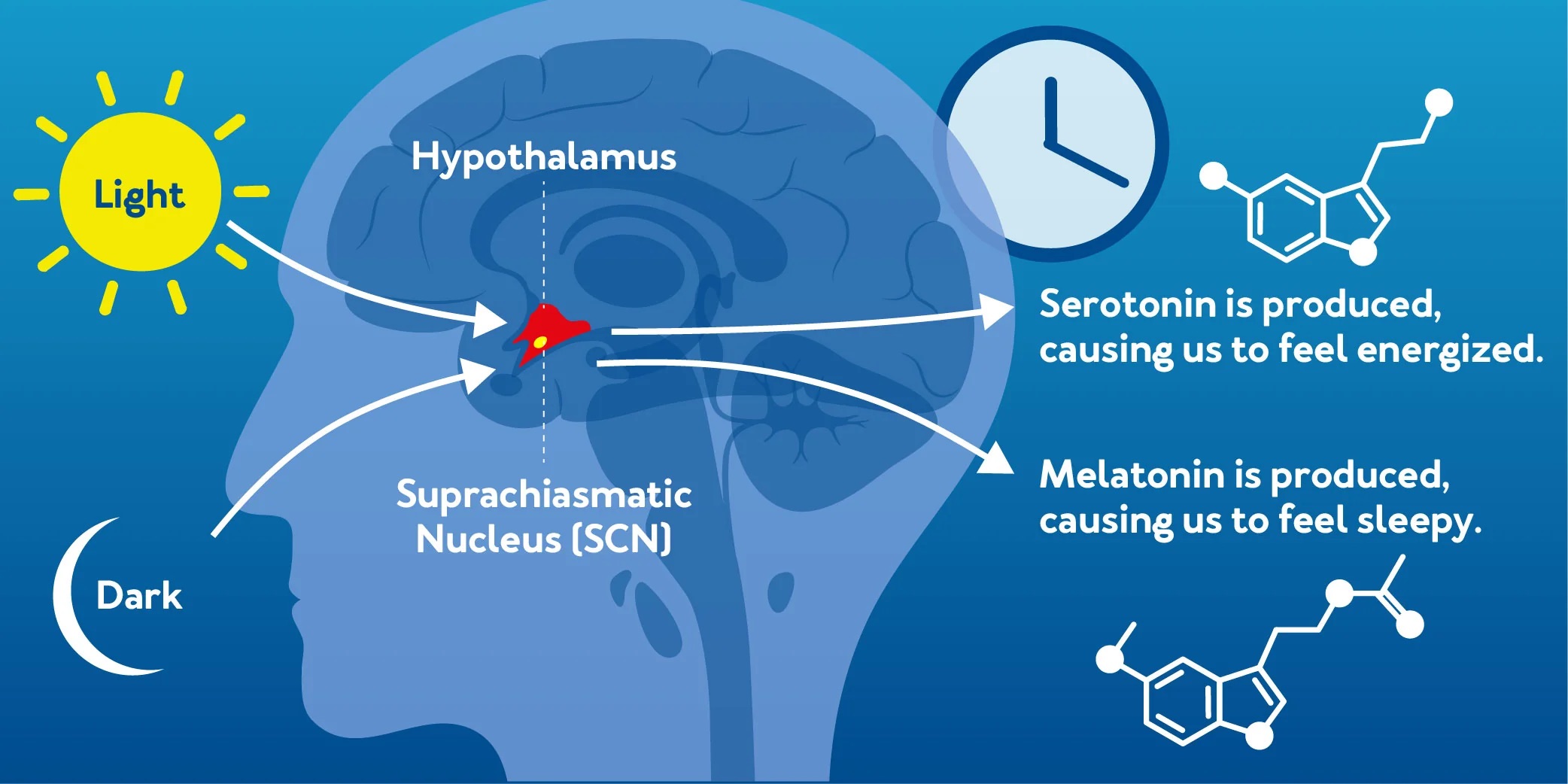
Sunlight exposure has several benefits on mitochondria, which are the powerhouses of our cells responsible for energy production. Here are just six of the benefits:
Vitamin D synthesis:
Sunlight exposure on the skin triggers the synthesis of vitamin D, a crucial nutrient that plays a role in various bodily functions. Vitamin D is involved in calcium absorption, immune system regulation, and maintaining healthy bones, muscles, and teeth. Adequate levels of vitamin D are essential for optimal mitochondrial function.
Enhanced energy production:
Sunlight exposure stimulates the production of adenosine triphosphate (ATP), the primary energy currency of cells. Mitochondria utilize sunlight-derived energy to generate ATP through a process called oxidative phosphorylation. Increased ATP production leads to improved cellular energy levels and overall metabolic function.
Improved mitochondrial function:
Sunlight exposure has been shown to enhance mitochondrial function and efficiency. It promotes the production of cytochrome c oxidase, an enzyme involved in the electron transport chain, which is responsible for generating ATP. Enhanced mitochondrial function supports cellular health, reduces oxidative stress, and improves overall energy metabolism.

Regulation of circadian rhythm:
Exposure to natural sunlight helps regulate the body’s internal clock, known as the circadian rhythm. This rhythm influences various physiological processes, including mitochondrial function. Maintaining a healthy circadian rhythm through sunlight exposure helps optimize mitochondrial activity, leading to improved energy production and overall cellular health.
Find out more about Circadian Rhythm here.
Mood enhancement and stress reduction:
Exposure to the sun triggers the release of serotonin, a neurotransmitter associated with mood regulation and well-being. Increased serotonin levels can help reduce stress, anxiety, and depression, which can have a positive impact on mitochondrial function. Stress reduction is beneficial for overall cellular health and mitochondrial efficiency.
Antioxidant protection:
Sunlight exposure stimulates the production of endogenous antioxidants, such as glutathione, which help protect mitochondria from oxidative damage. Mitochondria are susceptible to oxidative stress due to their high metabolic activity. Sunlight-induced antioxidants help neutralize harmful free radicals, reducing mitochondrial damage and promoting their optimal function.
However, it’s important to note that while sunlight has numerous benefits on mitochondria, it’s crucial to practice safe sun exposure and avoid excess that can lead to sunburn or skin damage. Finding a balance between enjoying sunlight and protecting the skin by finding shade or wearing appropriate clothing is essential for reaping the benefits while minimizing risks.



